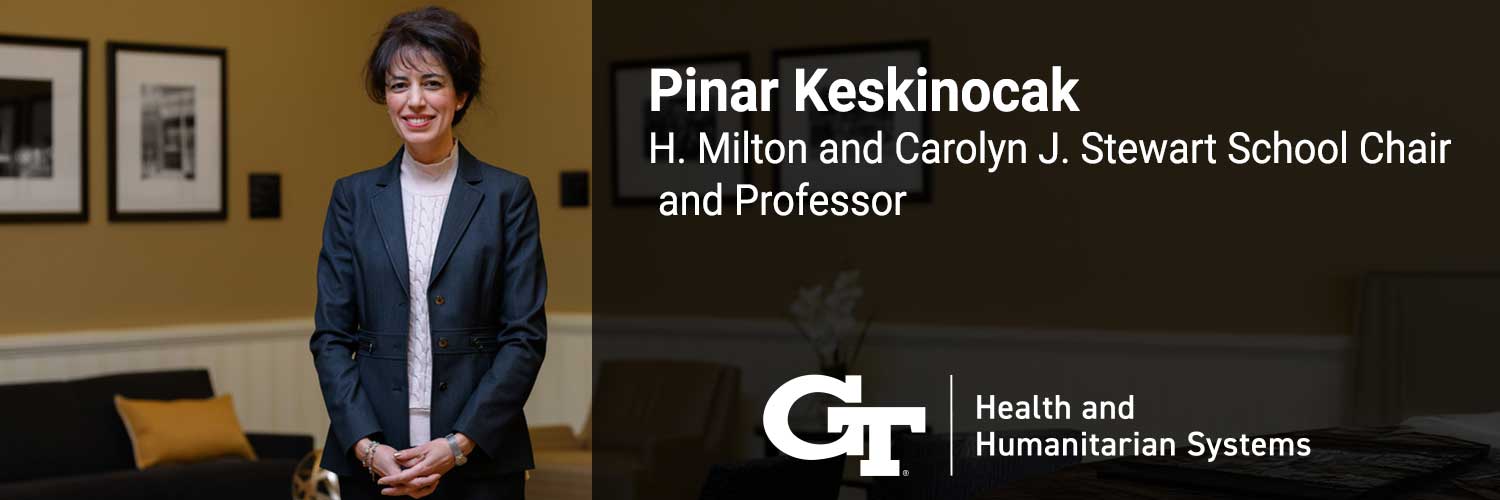“Systems engineering has been widely used in other industries, such as manufacturing and aviation, to improve efficiency, reliability, productivity, quality, and safety of systems. It has begun to be used to good effect in health care.” There have been significant advances in medicine and public health over the past several decades, including new technologies, diagnostic tools, equipment, and therapies. However, health systems continue to face tremendous challenges in terms of spending and outcomes, with continuing or increasing prevalence in chronic or infectious diseases and limitations in preventive services, access to care, or adoption of healthy behaviors. [ ] With the goal of reducing healthcare expenses while at the same time improving the health status of people, CHHS focuses on improved resource utilization and outcomes at various levels. Our research and project topics include prevention (e.g., vaccinations), screening (e.g., prenatal), diagnosis (e.g., continuous EEG monitoring), and treatment (e.g., organ transplantation). Our goal is to informs systems transformation to move away from sick care to wellness, starting pre-birth and continuing throughout the entire lifespan of a person.
Humanitarian systems share many of the challenges with health systems, with limited resources, multiple players and decision-makers, and lives at stake. Our work in humanitarian systems focuses on informed, efficient, end effective decision-making in resource-constrained environments, with the goal of achieving positive outcomes, aligned with several United Nations development goals. Our systems approach enables us to incorporate the various interconnected components (people, technology, information) in these domains, quantify the cascading impact of a change or action, and aid in resource allocation decisions. We are grateful to our many affiliates and partners in the US and around the world for engaging in interdisciplinary collaborations with CHHS to make a positive impact. Together with our students, partners, and collaborators, CHHS is well positioned to address the vast challenges and emerging directions in health and humanitarian systems, following a data-driven quantitative systems approach, developing rigorous and scalable methodologies and working on successful translation to practice. We are excited about the opportunities to continue and expand our educational, research, innovation, and outreach initiatives to make a significant impact for generations to come.
Pinar Keskinocak
